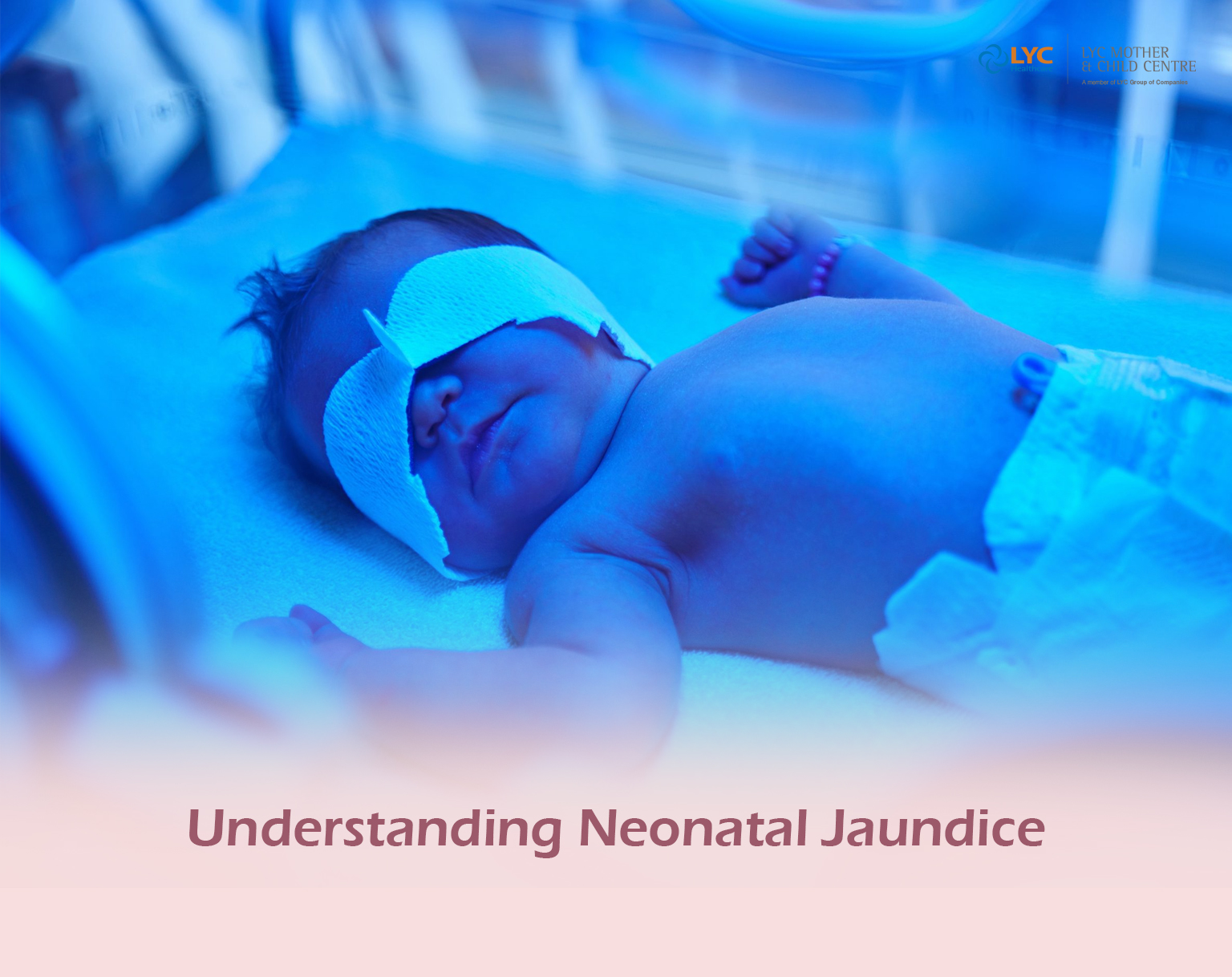
Neonatal jaundice is a yellow discolouration of a newborn’s skin and eyes. It occurs because of excess bilirubin in the baby's blood, a yellow pigment produced during the breakdown of red blood cells in the body. Simply put, neonatal jaundice usually occurs because the baby's liver is not mature enough to remove bilirubin from the blood. This is also called physiologic jaundice.
Neonatal jaundice is a common condition, especially in premature babies. About half of babies will have jaundice in the first week of life, and 80% of premature babies will have jaundice. This happens when your baby's bilirubin levels are high, usually 2 to 3 days after a baby is born, peaks at 4 to 5 days, and usually subsides in about 7 to 14 days.
In general, it’s nothing to be concerned about because jaundice in newborns will go away on its own as your baby's liver begins to develop and grow, and your baby begins to breastfeed. In most cases, jaundice goes away within 2 to 3 weeks.
There is no real way to prevent jaundice in newborns. Mothers should do blood type testing, and babies should also be tested after birth, mainly to rule out the possibility of neonatal jaundice caused by blood type incompatibility.
If your baby does have jaundice, there are still ways to prevent it from getting worse, such as making sure your baby is getting enough nutrition through breast milk or a suitable formula, and feeding your baby at least 8 to 12 times a day to ensure your baby doesn't become dehydrated, this also helps your baby to excrete bilirubin.
Babies with neonatal jaundice can be treated with phototherapy. The colored light uses specific frequencies of blue light (not ultraviolet rays), which can be irradiated with overhead lights, and the baby's eyes need to be covered.
All newborn babies should be checked by a doctor for jaundice within 5 days of birth. If your baby has a persistent fever, becomes lethargic, has bright yellow skin, or if conditions prolong for more than 2 weeks, it may be a more severe form called pathological jaundice and you should take your baby to a doctor for a thorough examination.